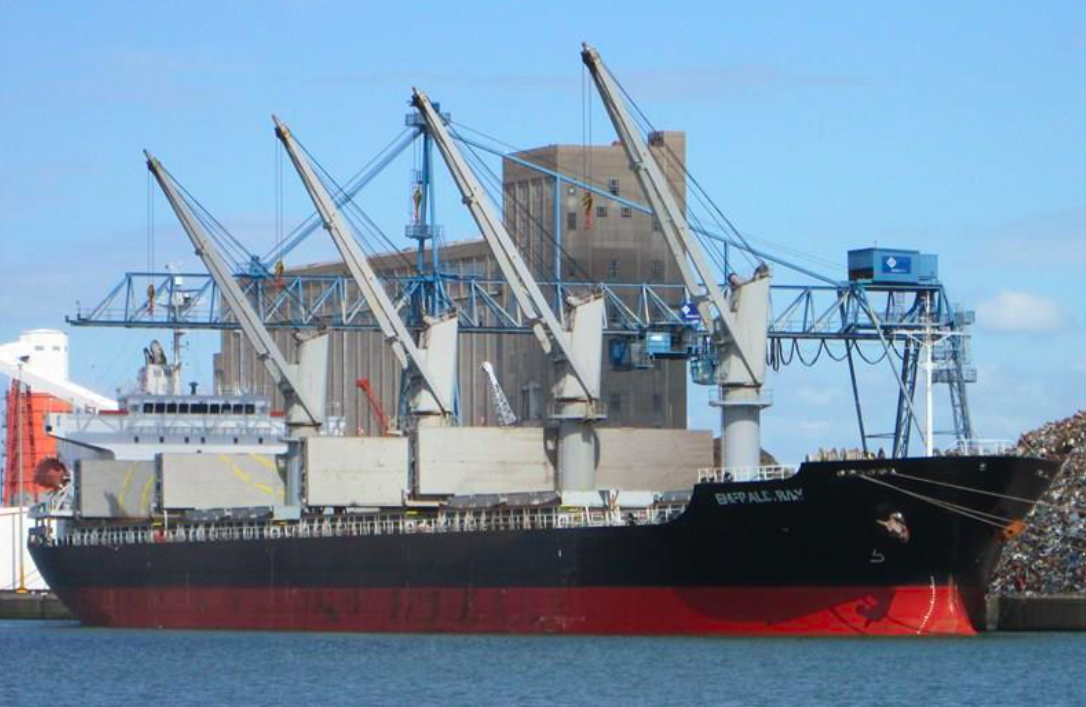The bulk carrier Emerald Bay moored in the Uruguayan port of Nueva Palmira last week, loaded with 10,000 tons of fertilizers (potassium chloride). There she transferred to barges with final destination to a port in Alto Paraguay.
Another similar ship, the Princesse Oui, is currently sailing through northern Brazil, also heading to Nueva Palmira, with a similar cargo and final destination.
Read also: Check out our coverage on Uruguay
The routine of the operation does not allow us to ignore a couple of delicate data: the merchandise has Belarus as its country of origin and the Port of Saint Petersburg, Russia, as its point of departure.

EXPOSED ALLIES
Both Uruguay and Paraguay are declared allies of the United States, a country that implemented rigorous sanctions against Russia for the invasion of Ukraine, and against Belarus for being a strategic ally of Russia.
What is striking is either the “voluntary omission” of the origin of the cargo, or the total lack of control by the Customs and Prefecture of Uruguay, which allowed and documented the entry of the British-flagged ship Emerald Bay from Russia with Belarusian merchandise, and issued the bills of lading after transshipment and departure on barges of the company Atria (Southern Cross Group) to Paraguay. And, as if that were not enough, the operation was agreed in US dollars: US$7 million.
The Emerald Bay docked at the dock of the private terminal Ontur, in Nueva Palmira, owned by the forestry company UPM and the shipping agency Christophersen.
SANCTIONS
The United States Department of the Treasury, through its OFAC office (Office of Foreign Assets Control), communicated a series of sanctions and gave a grace period for commercial operations with Russian and Belarusian companies to be suspended.
For example, in the case of the Belarusian state-owned company Belaruskali OAO (one of the world’s leading manufacturers of potassium-based fertilizers), the bans came into force on August 9, 2021, and liquidations were authorized until last December 8.
The companies of the countries that adhered to these sanctions are exposed, in turn, to the United States proceeding to the intervention of their assets, fines, blocking of accounts, the impossibility of carrying out transactions or even entering the United States.
According to the official website of OFAC, referring to another Belarusian potassium exporting company (BPC, owned by Belaruskali), it states: “If someone who is not an American provides material support to a company like BPC, they are exposed to serious legal risks. The United States Government reserves the right to impose sanctions on all those who provide support, material assistance or do business with an SDN (organization, company or person on the OFAC “black list”), which includes entering the black list”.
The private individuals involved in the logistical operation of transport and import of Belarusian potassium chloride are exposed to these risks.

